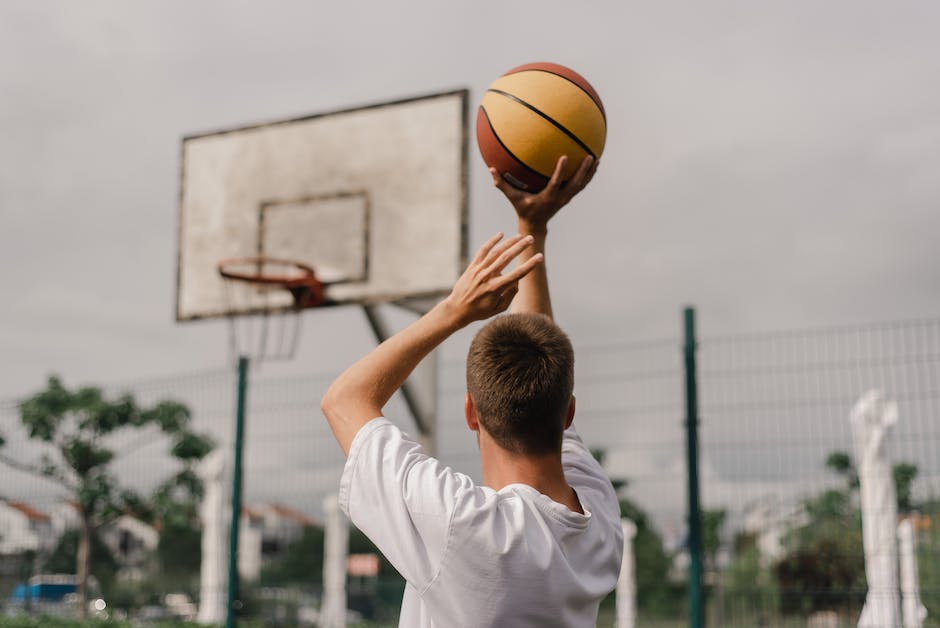Basketball is a demanding and intense sport that requires an athlete’s body and mind to be in top condition. The nature of basketball often leads to injuries, such as sprains, strains, and fractures. Recovery from these injuries can be a long and painful process, with athletes often forced to take extended breaks from training and competition. However, the use of cannabis in sports recovery and injury management has become an increasingly popular topic in recent years. Despite cannabis’s long-standing reputation as a recreational drug, its potential medical benefits cannot be denied. In this blog post, we will explore the benefits of cannabis for basketball recovery and injury management and how it can help athletes get back on the court faster and stronger.
Overview of common injuries in basketball

Basketball is a high-intensity sport that demands a lot from its players physically. With all the running, jumping, and sudden changes of direction, it’s no surprise that injuries are a common occurrence in basketball. Some of the most common injuries in basketball include ankle sprains, knee injuries, and Achilles tendonitis. Ankle sprains are usually caused by a sudden change of direction when the foot is firmly planted on the ground. Knee injuries, on the other hand, can be caused by landing awkwardly after jumping or sudden twists and turns. Achilles tendonitis, which is the inflammation of the Achilles tendon, can be caused by overuse or sudden movements. These injuries can be very frustrating for basketball players and can greatly hinder their performance.
The role of inflammation in sports injuries and how cannabis can help alleviate it
Inflammation is a common factor in sports-related injuries, including those that athletes encounter during basketball. It occurs as the body’s natural response to injuries, triggering an immune response to repair and regenerate damaged tissues. However, prolonged inflammation can lead to pain, swelling, and other complications that can slow down the healing process.
Cannabis has been found to possess anti-inflammatory properties that make it a promising aid in managing sports injuries. Many of its active compounds like THC and CBD interact with the body’s endocannabinoid system, which has a crucial role in regulating inflammation. Cannabinoids can reduce inflammation by suppressing the immune response’s pro-inflammatory chemicals, thereby providing natural pain relief and improved recovery. In addition, cannabis can improve sleep quality, helping athletes get the rest they need to heal and rebuild their injured muscles and tissues.
The use of cannabis as part of basketball injury recovery is becoming increasingly mainstream among athletes. By leveraging its anti-inflammatory properties, players can safely and effectively manage pain, reduce swelling, and accelerate the healing process without resorting to harmful opioid painkillers or other conventional medicines.
CBD vs THC: what’s the difference and how they can be used for recovery
Cannabis is composed of several compounds, each of which has unique effects on the human body. Two of the most popular are cannabidiol (CBD) and tetrahydrocannabinol (THC), which have distinct benefits for basketball recovery and injury management.
CBD has minimal psychoactive effects and is primarily used for pain and inflammation relief. It is mainly sourced from hemp, a plant that is part of the Cannabis sativa family. CBD interacts with the human endocannabinoid system (ECS), which is responsible for maintaining balance or homeostasis in the body.
THC, on the other hand, is the compound responsible for the “high” effect associated with recreational cannabis use. However, it also has medicinal applications and can be used for pain and inflammation relief. THC is mainly found in marijuana, another plant belonging to the Cannabis sativa family.
When it comes to basketball recovery and injury management, CBD is the better option as it does not cause any psychoactive effects, allowing athletes to focus on recovery without feeling “high”. THC, on the other hand, should be used with caution as its psychoactive effects can impair an athlete’s mental and physical abilities, which is not ideal for basketball recovery.
CBD and THC can also work together in what is known as the “entourage effect”. This phenomenon occurs when different compounds in the cannabis plant work together to enhance each other’s therapeutic effects. In some cases, combining CBD and THC may provide better pain relief than using either compound alone. However, careful dosing and supervision are essential to prevent any unwanted effects from THC.
Overall, CBD and THC offer unique benefits for basketball recovery and injury management. While CBD is the safer option, a combination of both can provide more significant relief for pain and inflammation. It is important to consult with a healthcare professional to determine the best approach for each individual athlete.
The endocannabinoid system and how it interacts with cannabis
The human body has a complex network of receptors and molecules known as the endocannabinoid system (ECS) that plays a crucial role in regulating important biological functions such as appetite, mood, pain sensation, and inflammation. The ECS is activated by the consumption of cannabinoids found in cannabis, such as cannabidiol (CBD) and tetrahydrocannabinol (THC). Upon interacting with the ECS, these cannabinoids help regulate the body’s responses to stress and promote overall wellbeing. For basketball players recovering from an injury, the use of cannabis products with high levels of CBD can provide natural pain relief without the harmful side effects of traditional painkillers. Additionally, cannabinoids found in cannabis have anti-inflammatory properties that can help promote healing and reduce recovery time. Understanding the interaction between the ECS and cannabis can be beneficial for basketball players looking to manage their pain and injuries in a safe and natural way.
Types of cannabis products for recovery: edibles, tinctures, topicals, and more
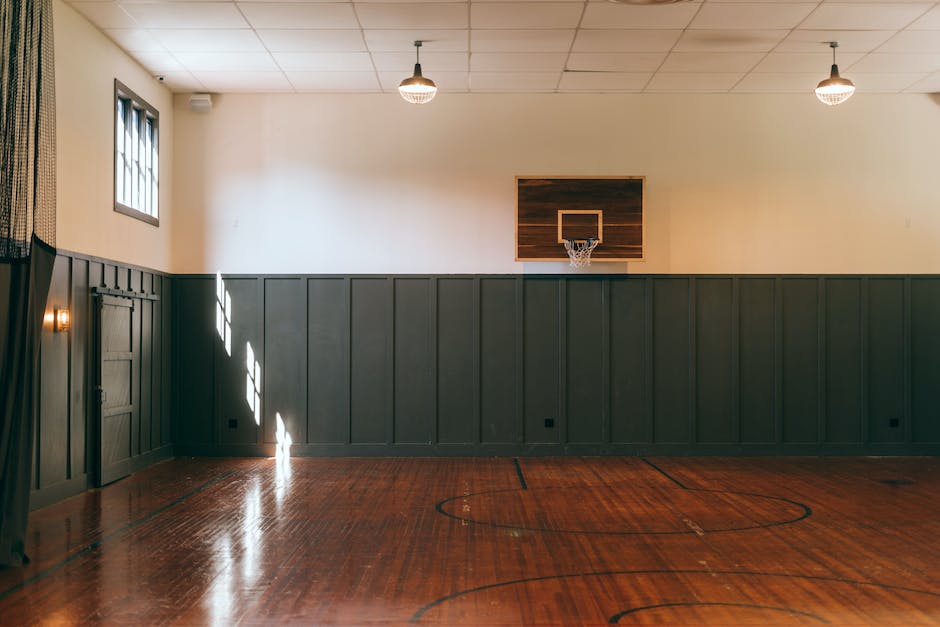
Cannabis has been used for medicinal purposes for centuries, and with the recent legalization, its potential benefits for athletes have become more widely recognized. When it comes to basketball, intense training and competition can take a toll on the body, leading to injuries and muscle soreness. Cannabis, particularly CBD, has been shown to have anti-inflammatory properties, making it a popular choice for athletes in need of recovery and injury management.
One of the great things about cannabis for recovery is the variety of products available. Edibles are a popular option, as they offer long-lasting pain relief and can be discreetly consumed. Tinctures, which are liquid extracts applied either sublingually or mixed into drinks, are another viable choice. They are known for their quick onset and easy dosage control. Additionally, topical creams and lotions infused with cannabis can be applied directly to the site of pain or inflammation for targeted relief.
Beyond these standard options, many companies are developing innovative products that combine cannabis with other natural ingredients for enhanced relief. From bath bombs to muscle rubs, there are a wide variety of options available to NBA players and basketball enthusiasts alike. With so many products on the market, it is important to do your research and choose the right cannabis product for your specific needs and preferences.
Overall, cannabis has the potential to be a game-changer for basketball players in need of recovery and pain management. With its natural, non-addictive properties and wide variety of forms, it is no wonder why so many athletes are turning to cannabis to help them perform at their best.
Personal anecdotes of athletes who have used cannabis for recovery
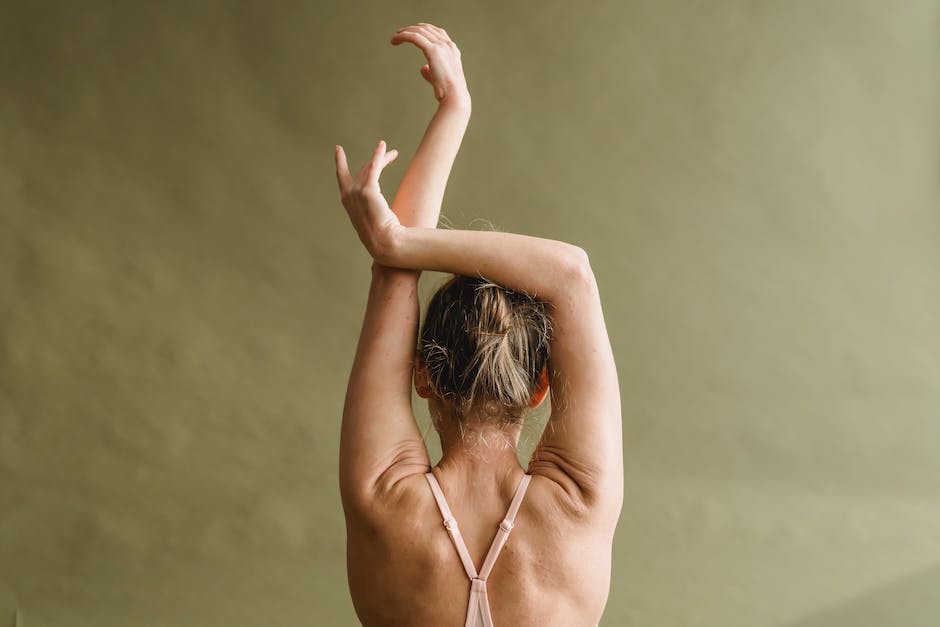
As the stigma around cannabis reduces, more and more athletes are turning to this plant for quicker recovery and injury management. From NBA players to Olympic athletes, cannabis has shown immense benefits in pain relief, relaxation, and even reducing inflammation. Several athletes who have used cannabis have reported improved sleep, lowered anxiety, and faster healing times. Professional basketball players have spoken openly about the benefits of cannabis for managing the physical and mental stress of their sport. Many have shared their personal anecdotes, crediting cannabis with saving their careers by helping them rebound from injuries more quickly and with less pain. As we learn more about the benefits of this plant, it’s clear that athletes are only just beginning to scratch the surface of its potential to change the world of sports for the better.
The stigma surrounding cannabis and sports and the changing attitudes towards it
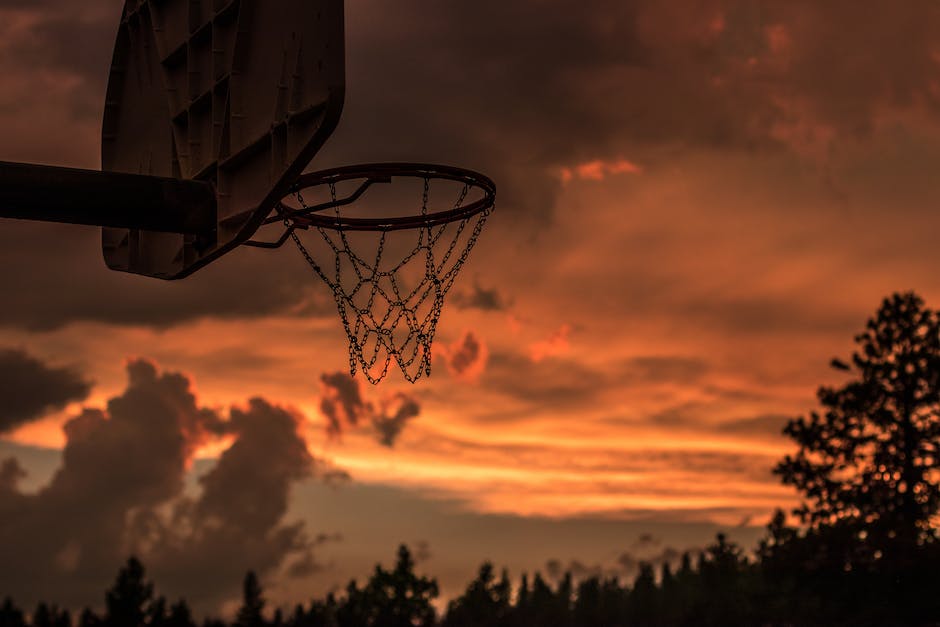
Despite the growing legalization of cannabis for both medicinal and recreational use, there continues to be a stigma surrounding its use in sports. Athletes and coaches have long been discouraged from using cannabis as it was perceived to be a drug that inhibits performance and poses greater risks for injuries.
However, with the advent of more research on the benefits of cannabis on athletic performance and injury management, the attitudes towards the plant are slowly changing. Recent studies have shown that cannabis can aid in pain management, reduce inflammation, and help with muscle recovery after grueling physical exertions like those experienced in basketball games.
Moreover, some sports leagues are starting to adapt and allow medicinal cannabis use by athletes. For example, the National Football League (NFL) recently announced that it would be funding cannabis research to study the plant’s effects on pain management, and the National Basketball Association (NBA) is reportedly considering removing cannabis from their list of prohibited substances.
As the perception of cannabis shifts, athletes and coaches are looking for ways to incorporate the benefits of the plant in their training and game routines. The conversation around cannabis and sports continues to evolve, and with the growing body of research on the topic, it appears that the stigma surrounding the plant may soon be a thing of the past.
Precautions to take when using cannabis for recovery
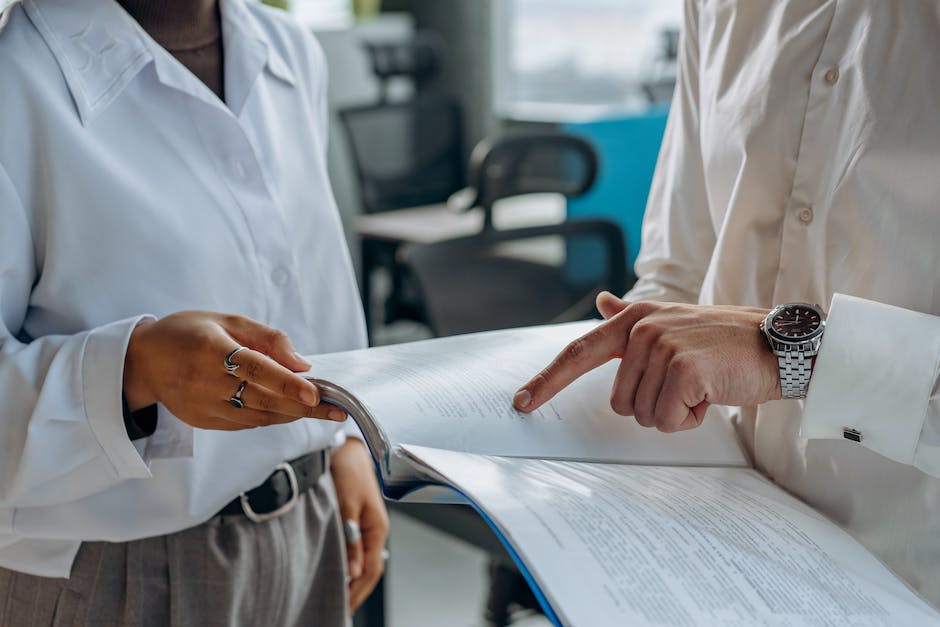
It’s no secret that cannabis has become increasingly popular among athletes as a natural alternative for pain management and recovery. However, before incorporating it into your regimen, it’s crucial to take precautions to ensure safety and effectiveness.
Firstly, it’s important to note that not all cannabis products are created equal. It’s necessary to research the potency, ingredients, and source of the product you’re considering using. Avoid products with high levels of THC, as the psychoactive effects can negatively impact performance and recovery.
Secondly, consult with a medical professional before incorporating any cannabis products into your recovery plan, particularly if you have pre-existing medical conditions or are taking other medications.
Thirdly, start with small doses and gradually increase as needed. It’s crucial to understand how your body reacts to the product and adjust accordingly.
Finally, only use cannabis in a safe and legal location, and never drive or operate heavy machinery under its influence.
By taking these precautions, athletes can safely and effectively incorporate cannabis into their recovery regimen, promoting faster healing and a quicker return to the court.

